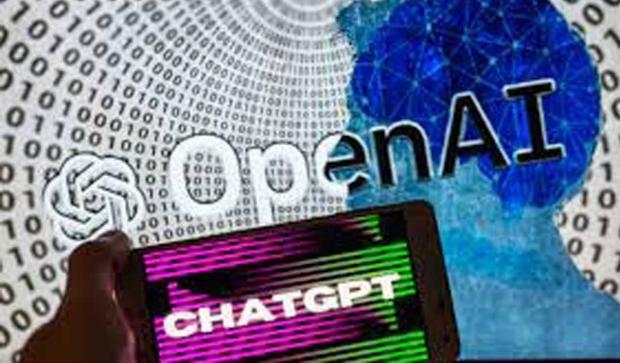
Breaking News
 The Prostate Cancer Test Dilemma
The Prostate Cancer Test Dilemma
 The Separation of Righteousness and Politics
The Separation of Righteousness and Politics
 Russian strike knocks out power in Kyiv FRANCE 24 English
Russian strike knocks out power in Kyiv FRANCE 24 English
Top Tech News
 How underwater 3D printing could soon transform maritime construction
How underwater 3D printing could soon transform maritime construction
 Smart soldering iron packs a camera to show you what you're doing
Smart soldering iron packs a camera to show you what you're doing
 Look, no hands: Flying umbrella follows user through the rain
Look, no hands: Flying umbrella follows user through the rain
 Critical Linux Warning: 800,000 Devices Are EXPOSED
Critical Linux Warning: 800,000 Devices Are EXPOSED
 'Brave New World': IVF Company's Eugenics Tool Lets Couples Pick 'Best' Baby, Di
'Brave New World': IVF Company's Eugenics Tool Lets Couples Pick 'Best' Baby, Di
 The smartphone just fired a warning shot at the camera industry.
The smartphone just fired a warning shot at the camera industry.
 A revolutionary breakthrough in dental science is changing how we fight tooth decay
A revolutionary breakthrough in dental science is changing how we fight tooth decay
 Docan Energy "Panda": 32kWh for $2,530!
Docan Energy "Panda": 32kWh for $2,530!
 Rugged phone with multi-day battery life doubles as a 1080p projector
Rugged phone with multi-day battery life doubles as a 1080p projector
 4 Sisters Invent Electric Tractor with Mom and Dad and it's Selling in 5 Countries
4 Sisters Invent Electric Tractor with Mom and Dad and it's Selling in 5 Countries
ChatGPT's API Is Here. Let the AI Gold Rush Begin

WHEN OPENAI, THE San Francisco company developing artificial intelligence tools, announced the release of ChatGPT in November 2022, former Facebook and Oculus employee Daniel Habib moved quickly.
Within four days of ChatGPT's launch, Habib used the chatbot to build QuickVid AI, which automates much of the creative process involved in generating ideas for YouTube videos. Creators input details about the topic of their video and what kind of category they'd like it to sit in, then QuickVid interrogates ChatGPT to create a script. Other generative AI tools then voice the script and create visuals.
Tens of thousands of users used it daily—but Habib had been using unofficial access points to ChatGPT, which limited how much he could promote the service and meant he couldn't officially charge for it. That changed on March 1, when OpenAI announced the release of API access to ChatGPT and Whisper, a speech recognition AI the company has developed. Within an hour, Habib hooked up QuickVid to the official ChatGPT API.
"All of these unofficial tools that were just toys, essentially, that would live in your own personal sandbox and were cool can now actually go out to tons of users," he says.
OpenAI's announcement could be the start of a new AI goldrush. What was previously a cottage industry of hobbyists operating in a licensing gray area can now turn their tinkering into fully-fledged businesses.
"What this release means for companies is that adding AI capabilities to applications is much more accessible and affordable," says Hassan El Mghari, who runs TwitterBio, which uses ChatGPT's computational power to generate Twitter profile text for users.
OpenAI has also changed its data retention policy, which could reassure businesses thinking of experimenting with ChatGPT. The company has said it will now only hold on to users' data for 30 days, and has promised that it won't use data that users input to train its models.

 Pathway to the stars
Pathway to the stars

